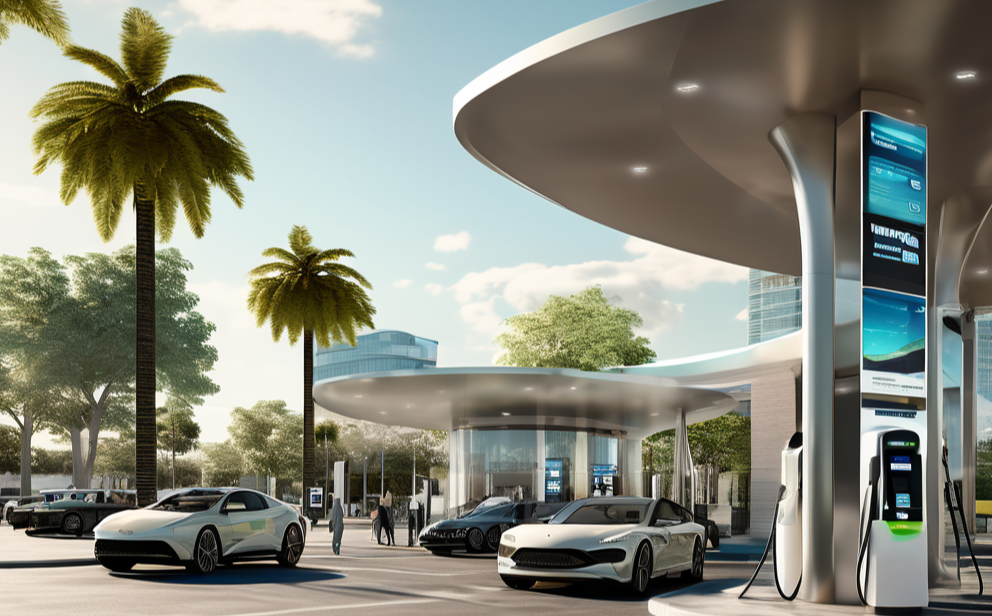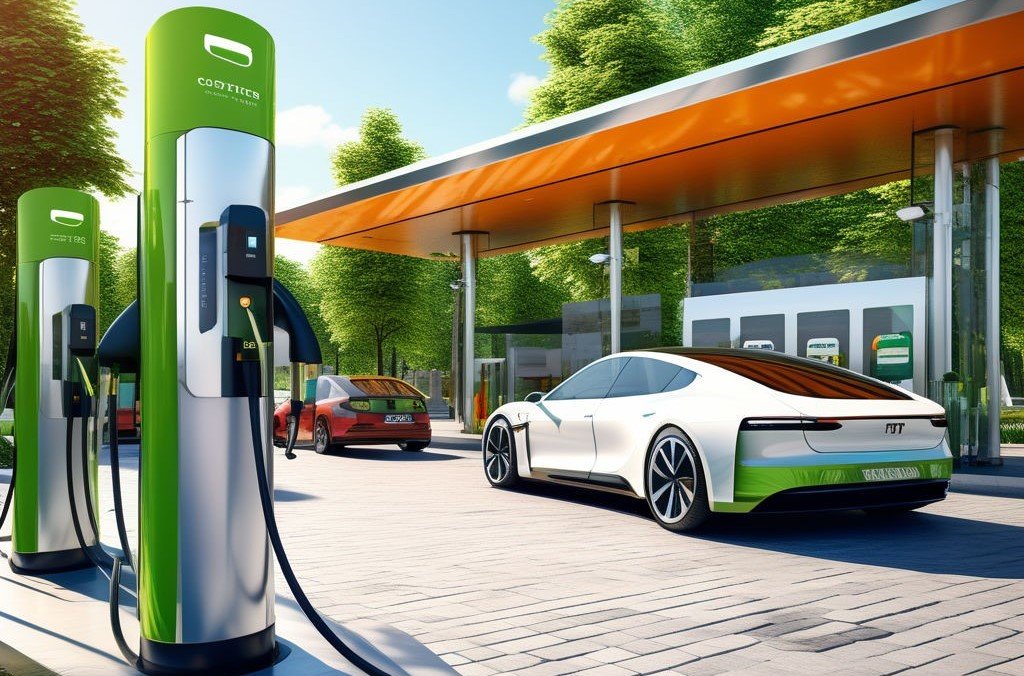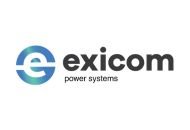
The landscape of fleet operations is undergoing a significant transformation with the adoption of Electric Vehicles (EVs) and the integration of cutting-edge EV charging solutions. In this blog, we explore how E-Fleet operators can leverage these advancements to enhance efficiency, reduce costs, and contribute to a sustainable future.
Efficiency Redefined:
Embracing Electric Vehicles in E-Fleets marks a paradigm shift towards operational efficiency. With reduced dependence on traditional fuel, E-Fleet operators can optimize routes, enhance vehicle scheduling, and streamline their overall logistics.
Cost Savings and Financial Optimization:
The transition to Electric Vehicles brings substantial cost savings, from reduced fuel expenses to lower maintenance costs. Integrating EV Charging Solutions ensures a sustainable and economical approach to fleet management, contributing to long-term financial optimization.
Environmental Sustainability:
EVs, powered by clean energy, significantly reduce carbon emissions, aligning E-Fleet operations with global sustainability goals. This commitment to environmental responsibility not only benefits the planet but also enhances the corporate image.
Tailored Charging Infrastructure:
EV Charging Solutions for E-Fleets can be customized to meet specific operational needs. From on-site charging stations to mobile charging units, the flexibility in designing a tailored infrastructure ensures that the fleet is always ready for action.
Government Incentives and Subsidies:
Governments worldwide are encouraging the adoption of electric vehicles, offering various incentives and subsidies. E-Fleet operators can capitalize on these programs, turning the transition to electric mobility into a strategic financial advantage.

Reduced Downtime, Increased Productivity:
With strategically placed charging stations, E-Fleet operators can minimize downtime by ensuring that vehicles are charged and ready for use when needed. This seamless integration translates into increased operational productivity.
Technological Advancements in Charging Solutions:
The continuous evolution of EV charging technology introduces smart charging solutions, dynamic load management, and advanced monitoring capabilities. E-Fleet operators benefit from these innovations, ensuring they stay ahead in a rapidly evolving industry.
Employee and Stakeholder Satisfaction:
Adopting environmentally friendly practices in E-Fleet operations contributes to employee satisfaction and strengthens stakeholder relationships. Demonstrating a commitment to sustainability can attract like-minded partners and customers.
Scalability and Future-Proofing:
EV Charging Solutions are designed with scalability in mind, allowing E-Fleet operators to expand their electric vehicle fleet seamlessly. This forward-looking approach ensures that the fleet remains adaptable to future developments in electric mobility.
Competitive Advantage:
E-Fleet operators embracing EVs and advanced charging solutions gain a competitive edge in the market. By staying ahead of industry trends, they position themselves as innovators and leaders in sustainable transportation solutions.
Conclusion:
Incorporating EV Charging Solutions into E-Fleet operations is not just a technological upgrade; it’s a strategic investment in a greener, more efficient future. By harnessing the benefits of electric mobility, E-Fleet operators pave the way for a sustainable, cost-effective, and competitive fleet management paradigm.
Top of Form



